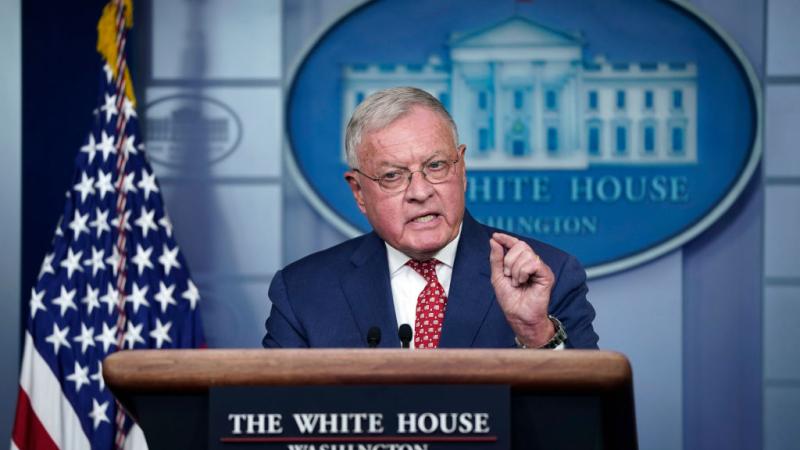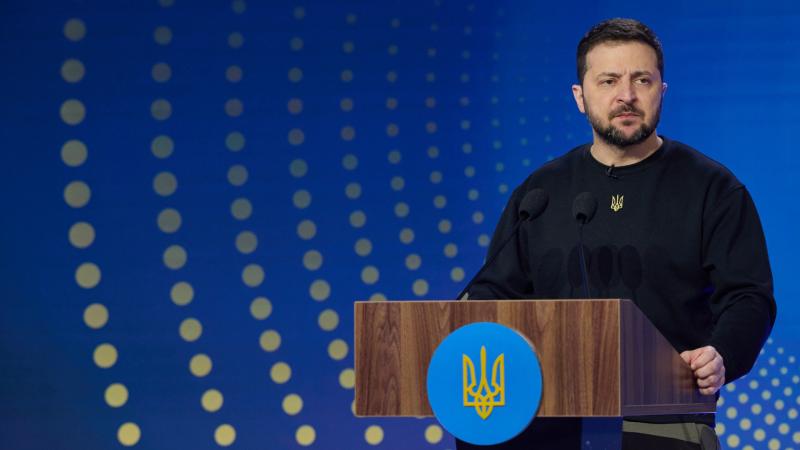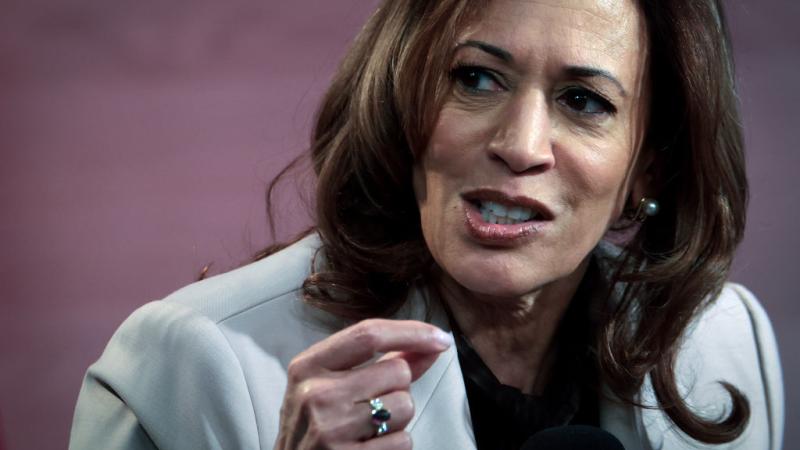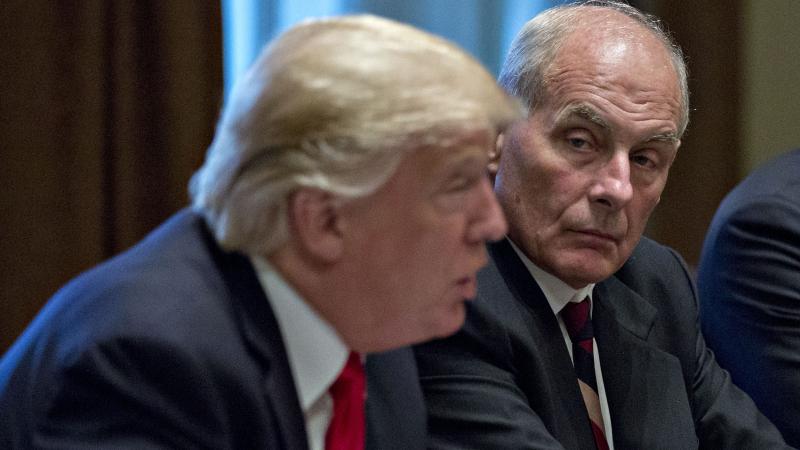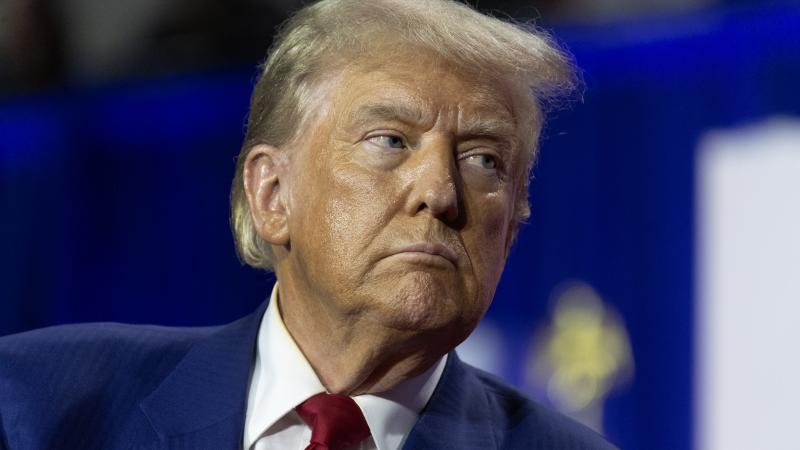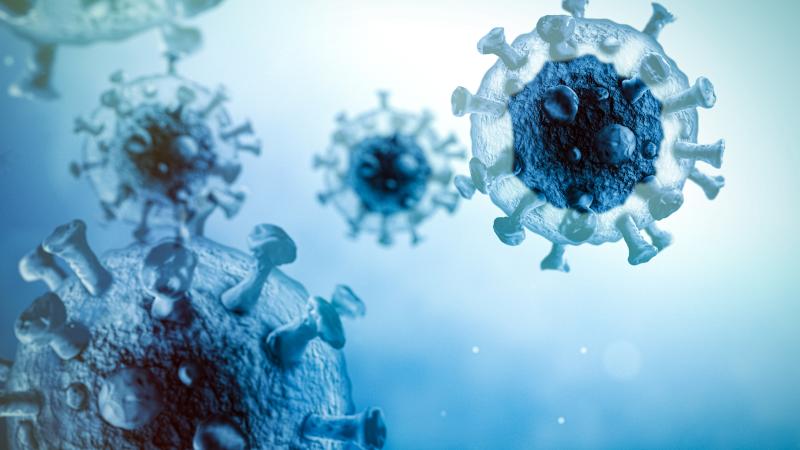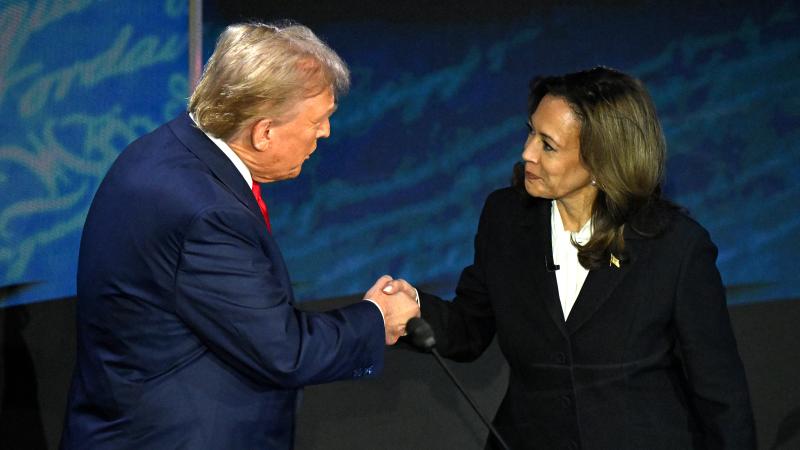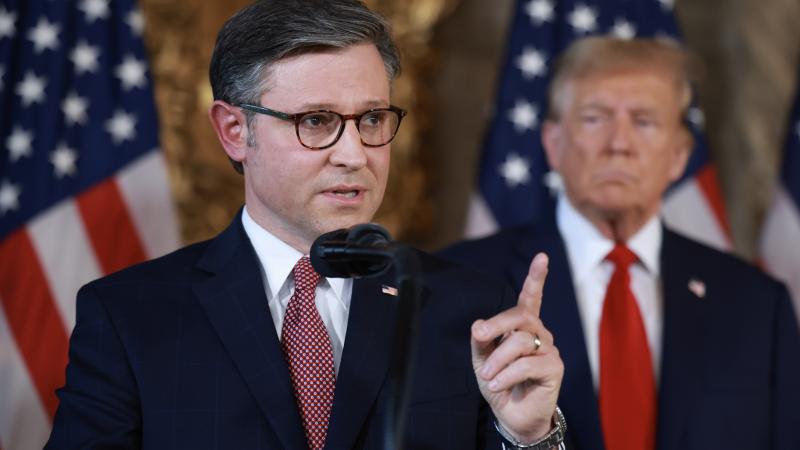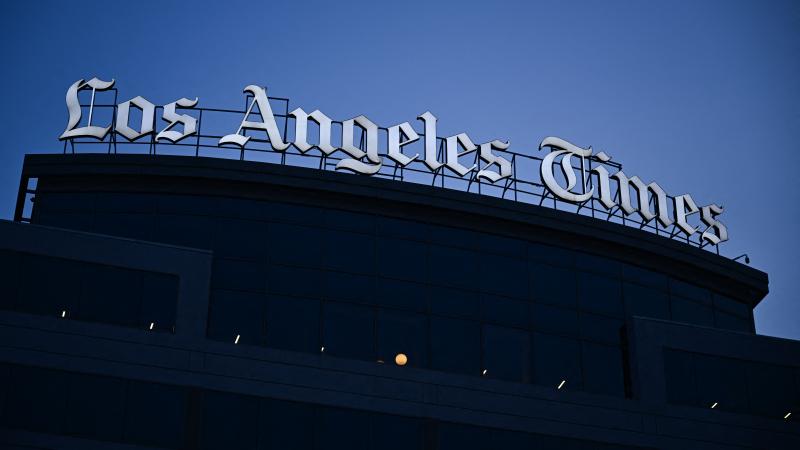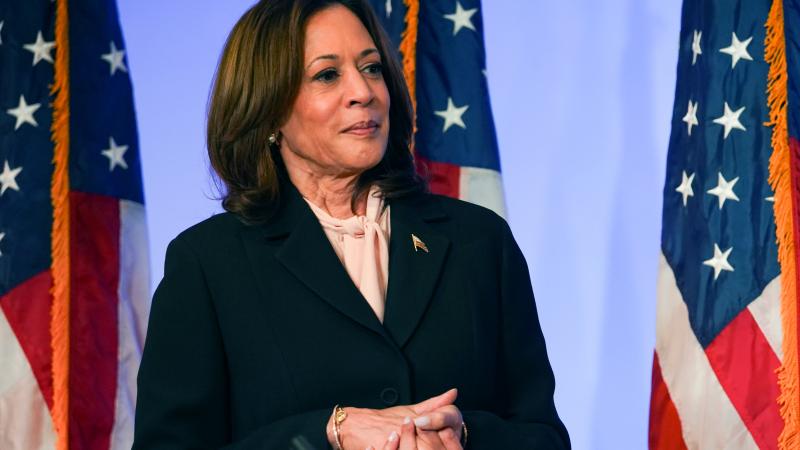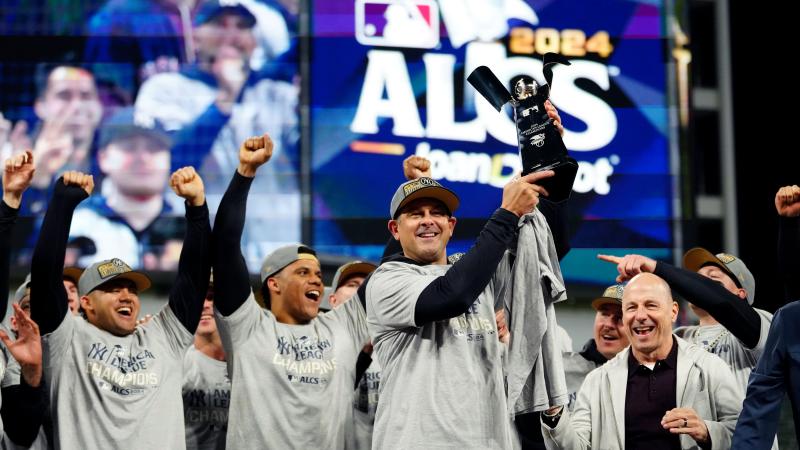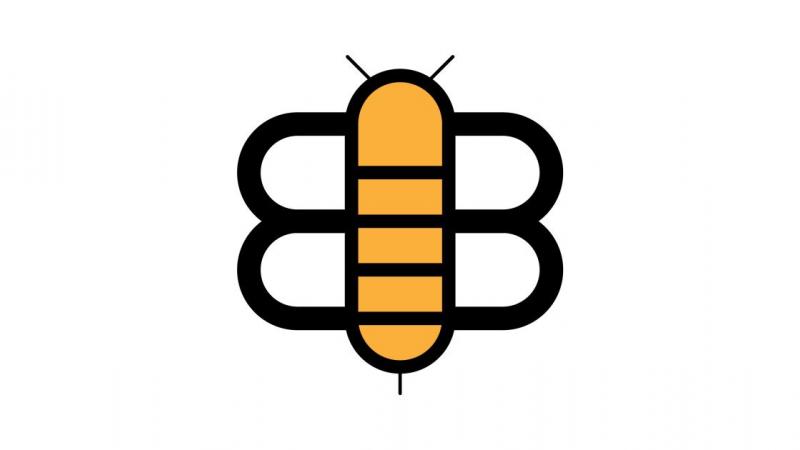FBI agents, Neustar employee testify in Sussmann trial, more prosecution witnesses for Wednesday
The prosecution listed five witnesses they hope to bring to the stand Wednesday, starting with Debbie Fine, Fusion GPS computer researcher Laura Seago, and Sussmann's former law partner at Perkins Coie, Marc Elias.
Two FBI agents and a Neustar employee testified after opening statements on Tuesday, the second day in the trial of 2016 Hillary Clinton campaign attorney Michael Sussmann, with more witnesses for the prosecution expected to take the stand Wednesday.
The trial, taking place in the U.S. District Court for the District of Columbia, is Special Counsel John Durham's first in his probe into the origins of the now-discredited Trump-Russia collusion narrative.
Durham charged Sussmann in September 2021 with allegedly lying to the FBI five years earlier when he told the bureau's then-General Counsel James Baker that he was not working on behalf of any client while providing him with since-debunked allegations about then-candidate Donald Trump.
Sussmann is pleading not guilty to the charge. If convicted, he faces up to five years in prison.
Judge Christopher Cooper, appointed to the bench by former President Barack Obama, is presiding over the trial.
FBI Special Agents David Martin and Scott Hellman were the prosecution's first two witnesses, followed by Neustar employee Steve DeJong.
Martin was the prosecution's expert witness in cybersecurity and DNS data analysis and explained the basics of Domain Name System (DNS) data to the jury, saying that it is essentially maps of names of servers on the internet to numeric IP addresses — like a phonebook mapping someone's name to a phone number.
The prosecution's second witness, Hellman, examined the data on the thumb drives that Sussmann had given to Baker in their meeting weeks before the presidential election. One of the FBI agents whose signature was required for a chain of custody form for the drives was former FBI official Peter Strzok.
Strzok worked on Robert Mueller's Special Counsel investigation into possible collusion between Trump's presidential campaign and the Russian government. Mueller removed Strzok from the investigation after learning about criticisms of Trump and his supporters in personal text messages Strzok sent then-FBI lawyer Lisa Page, with whom he was having an extramarital affair.
Hellman said the overall conclusion of a connection between Trump and Russia from the data didn't make any sense because a presidential candidate would not likely put their own name in a domain name that was easily connected to their organization and Russia, if it's supposedly for secret communication.
"Didn't ring true at all," Hellman said. He said the analysis of the data was done "inside of a day," then given for further analysis to the FBI Chicago Division, which later agreed with his assessment.
Hellman added that he found it "conveniently coincidental" that someone was looking for suspicious activity between the Trump and Russian servers and found it just three weeks after it began.
The 14-year FBI veteran said the authors of the white paper on the DNS server data were not objective in their conclusions. Their assumption regarding the data "was so far-reaching, it just didn't make sense," he said.
The third witness for the prosecution, DeJong, had pulled the data regarding the Trump email server and Alfa Bank for then-Neustar CTO Rodney Joffe at his request.
The request from Joffe came through Georgia Tech researcher Manos Antonakakis, which DeJong said was a little uncommon.
While DeJong said he eventually became curious as to why he was told by Joffe to search for DNS data regarding Trump and Alfa Bank, he never asked nor was he given a reason.
In the prosecution's opening statement, U.S. Attorney Deborah Shaw alleged Sussmann used the FBI as "a political tool" to create an "October surprise" against Trump.
The prosecution team said Sussman, a former federal prosecutor, tried to "manipulate" the FBI in his September 2016 talk with the agency, weeks before the 2016 presidential election, by pitching a Trump-Russia collusion narrative.
One of Sussmann's lawyers, Michael Bosworth, gave the opening statement for the defense, arguing that his client wouldn't lie to the FBI since he would have gained nothing from it and lost everything if he did.
Bosworth added that the FBI was aware of Sussmann's clients, the Democratic National Committee and the Clinton campaign.
He said that Sussmann took the information given to him by Joffe to the media because he trusted his longtime client and took him seriously, wanting the American public to see it for themselves and make a decision.
Sussmann purportedly wanted to warn the FBI that the story was coming so it wouldn't be caught by surprise.
The prosecution listed five witnesses they hope to bring to the stand Wednesday, starting with Debbie Fine, Fusion GPS computer researcher Laura Seago, and Sussmann's former law partner at Perkins Coie, Marc Elias.

